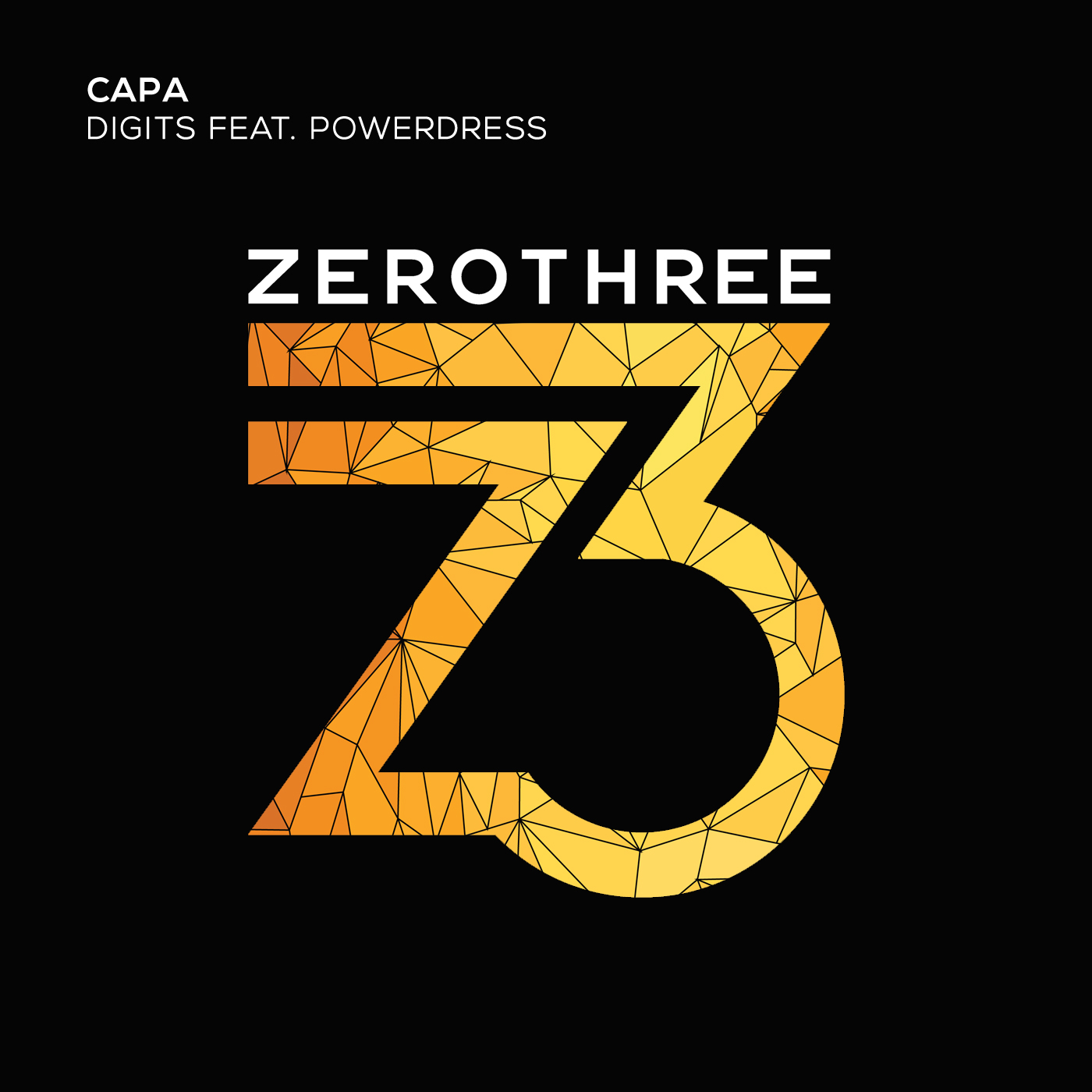You may or may not recognize his name, but I can guarantee that you’ve heard his music. Hans Zimmer is a world-renowned composer responsible for some of Hollywood’s biggest hits, including Pirates of the Caribbean, The Dark Knight and Inception, among numerous others.
In a recent interview with Huffington Post, the topic oddly shifted to EDM. “The weird thing is all the DJs and all the electronic guys sort of think I’m still relevant because I am part of that world, and I can talk oscillators and filters and frequency shifters and stuff like that,” Zimmer told HuffPost Live on Monday. “In the ’70s I started making music with computers because I thought, ‘Wow, great, you can misappropriate these things which are designed for accountancy and you can actually go and make weird noises with them.'”
While Zimmer never actually reveals who his favorite DJs are, this whole topic brings up an interesting point. Hans Zimmer’s music, at least some of it, is undeniably electronic music — the use of the Moog synthesizer is proof of that, as are his remarks above. And yet undeniably, we do not classify him as EDM. While this may seem obvious to some, for others it is a topic that is not too commonly or widely thought about: not all electronic music is EDM. (And please, I’m using the term EDM to refer to “electronic dance music,” not whatever misappropriated moniker you think belongs to commercial dance music.)
He also brings up another interesting point in that essentially all music is based on technology. “A violin is a piece of technology. It’s a tree and somebody did horrible things to a cat [sic]. That then becomes a musical instrument. When I first started, there was this segregation. You couldn’t have a fuzz guitar in an orchestra.” However, we’ve seen major electronic music groups such as NERO and Above & Beyond and even Pretty Lights incorporate orchestral elements, and even orchestras themselves, into their music. That segregation is long gone, and the border between the two worlds is becoming muddled and warped.
Now, understandably, my point has long ago become muddled and warped, as well. I suppose in writing this, I hoped to come upon some grand insight and leave you with questions pertaining to the truth about music as a whole, but I cannot possibly expect everyone or anyone to think so deeply from just a few paragraphs. In the end, what I would like most for everyone is to keep an open mind and to avoid discrediting any type of music that you might deem “old” or “irrelevant.” Classical music, while it is commonly associated with a few specific eras, is more a way of composition. And in that way, by appropriating modern tools, it can most certainly become relevant again.










